Keywords: Assembly
There are more than 200 results, only the first 200 are displayed here.
-

INTERNATIONAL
- Marta Poblet Balcell
- 06 October 2017
3 Comments
Activism advocating widespread use of encryption and privacy-enhancing technologies to bring political change in Catalonia is perhaps a sign of emerging trends on the internet: the horizontal, decentralised internet that Vint Cerf and Tim Berners-Lee, inventors of its core technologies, initially envisioned and are currently demanding.
READ MORE 
-

RELIGION
- John Warhurst
- 11 September 2017
33 Comments
There is a lot of big talk by Australian Catholic church leaders about the forthcoming 2020 Plenary Council, but remarkable vagueness about its likely shape. Now that the first of the consultation sessions about the council has occurred in Sydney, resolving the nature of the event becomes a matter of some urgency. Otherwise the council runs the risk of eventually becoming a huge disappointment.
READ MORE 
-

INTERNATIONAL
- Todor Shindarov
- 07 August 2017
4 Comments
Today’s highly technological era amazes us with possibilities for human growth and innovation, but in our amazement we often forget to tackle various pitfalls. Arguably, the biggest risk is the emerging military technology, about which there are many unanswered questions. We are faced with many uncertainties: security risks due to loss of competitiveness, potential control over advanced weapons by terrorists and, most importantly, reduced comprehension by the wider society—let alone any participation in the decision making process, as the frenzied pace of technological development increases.
READ MORE 
-
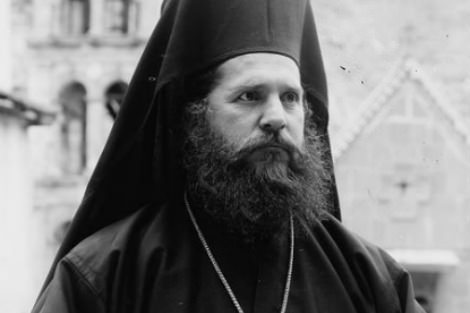
RELIGION
- Gillian Bouras
- 04 July 2017
6 Comments
When I was a small child, Presbyterians ministers, including my great-uncle Jack, seemed to be everywhere. They march through memory: soberly suited, dog-collared, determinedly cheerful and often dull, although Old Jack preached a fiery sermon, and could well have taken to the stage instead of the pulpit. They were eventually replaced in my life by a procession of Greek Orthodox priests. They would extend their hands to be kissed in a gesture my nonconformist soul found quite shocking.
READ MORE 
-

RELIGION
- Bill Wright
- 06 March 2017
4 Comments
Speaking of reform in the church can mean many things. Often it's about practical matters: sorting out the Vatican Bank, changing how bishops are chosen or clergy trained; that sort of thing. Occasionally, however, reform is about seeking real religious change. Martin Luther, I want to suggest, is one of those reformers who was not concerned with tinkering with structures of the church but with reforming the Christian message so that it might reform the believer.
READ MORE
-
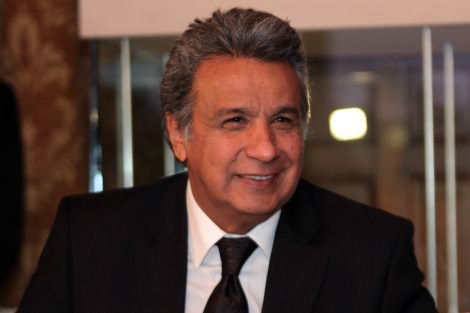
INTERNATIONAL
- Antonio Castillo
- 02 March 2017
5 Comments
Ecuadoreans will head back to the polls on 2 April after this month's presidential election didn't come up with an outright winner. Against all projections Socialist Lenin Moreno, who served as Rafael Correa's vice president from 2007 to 2013, did very well. While he fell short of winning, there is a sense that the Ecuadorean 21st century socialism, an economic and political model instigated by Correa, is still popular; and in this Andean country of 15 million the majority are poor.
READ MORE 
-
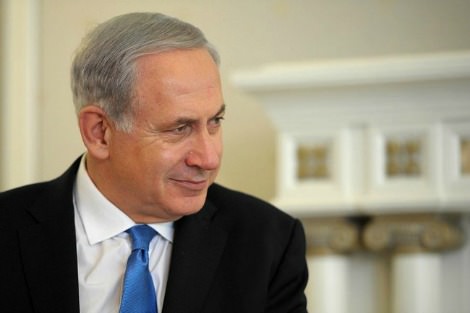
AUSTRALIA
- Andra Jackson
- 22 February 2017
15 Comments
Israeli Prime Minister Benjamin Netanyahu's visit to Australia this week is having precisely the opposite impact to what he no doubt intended. Instead of shoring up support for Israel's flagrant disregard for United Nations resolutions condemning its continual annexation of Palestinian land, it is driving a deep wedge into what was previously unflagging bipartisan Australian political party support for Israel. Australia's connection with Palestine actually predates the creation of the state of Israel.
READ MORE 
-

ARTS AND CULTURE
- Brendan Ryan
- 12 December 2016
Watch the man in his stained shirt barefoot under the palms. Adrift from younger workers he manages a rhythm, a cigarette-dangling-from-the-lip focus. His lined face belies the strength of his forearms, thrusting each coconut onto a metal spike that is his altar. Seven days a week he splits coconuts with the precision required to not sever a wrist in a country with no health insurance. Upriver, in the seamy heat of the Mekong Delta, it could be the 19th century. I don't know where to look.
READ MORE 
-

ENVIRONMENT
- Frank Brennan
- 28 November 2016
'No matter what the economic, political and legal problems confronted by modern day India, our response can be improved by an application of the key principles and norms developed in the international law of trade and human rights, helping to enunciate the realm of law, regulation and political accountability, enhancing public scrutiny providing the right environment for doing business.' Frank Brennan presents the 25th JRD Tata Oration, Xavier School of Management, Jamshedpur, India, 26 November 2016.
READ MORE
-
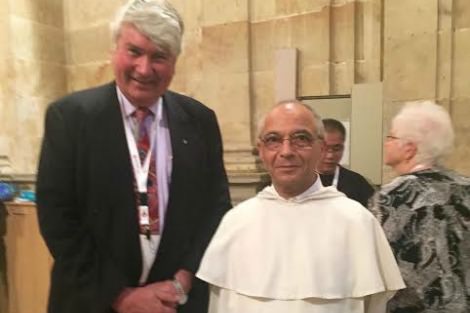
INTERNATIONAL
- Frank Brennan
- 05 September 2016
1 Comment
'I am a Jesuit amongst Dominicans contemplating the Church's view of human rights. I am a human rights practitioner rather than a theologian, aware that human rights discourse is increasingly more universal and secular. Contemplating, preaching and enacting human rights in the 21st Century Church and World, I come asking two questions.' Frank Brennan's keynote presentation in Salamanca Spain to the International Congress of Dominicans in the Promotion and Defence of Human Rights: Past, Present, Future on the occasion of their 800th anniversary.
READ MORE
-
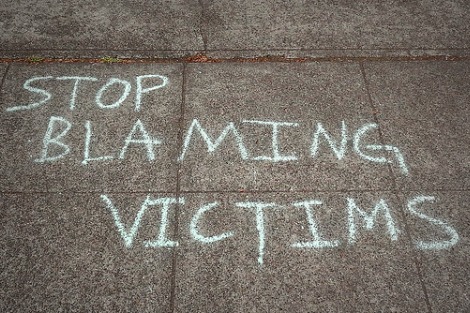
AUSTRALIA
- Madeleine Hamilton
- 24 August 2016
14 Comments
The response from police and others in authority to recent cases involving the abuse or exploitation of adolescent female sexuality is depressingly reminiscent of attitudes held more than 50 years ago. While it was no defence to argue that the girl had consented, if it could be proven she had had consensual intercourse with other men previously, the offender could be acquitted. Consequently, in carnal knowledge trials, girls were frequently accused of having rich histories of sexual activity.
READ MORE 
-
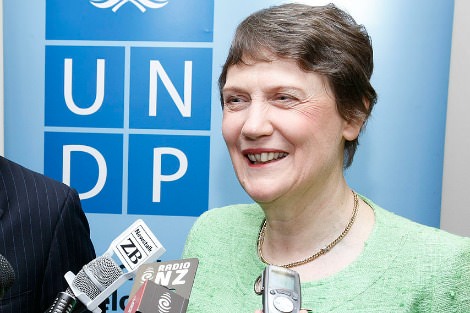
INTERNATIONAL
- Fatima Measham
- 01 August 2016
6 Comments
The United Nations Security Council is in the process of selecting its next secretary-general. There is intense interest, not least because the General Assembly has made efforts to make it more transparent via an open nomination process and televised debates. The UN is seen in some parts as an edifice to bureaucratic ineptitude. But the internationalism that stitched the world back together after two calamitous wars has frayed. We need the UN as ballast against future instability.
READ MORE 